
The Braun Prize, first introduced in 1968, is an internationally renowned design competition that celebrates the power of innovation and craftsmanship in industrial design. Braun, the German design powerhouse behind the prize, has long been synonymous with iconic, minimalist, sensible design. Known for its clean lines, functional aesthetics, and products that marry form with function, Braun has shaped the landscape of product design for decades. Its influence is deeply rooted in the design world, inspiring generations of designers to prioritize simplicity, utility, and timelessness. With a rich legacy in creating everything from shavers to radios, Braun’s dedication to design excellence extends to the Braun Prize, which has become a benchmark for recognizing creative talent across the globe.
A key element that underscores the significance of the Braun Prize is its distinguished jury, which has, in the past, included design legends like Dieter Rams, Braun’s former Head of Design. Rams, one of the most influential figures in modern design, chaired the competition for several years, bringing his renowned “less, but better” philosophy to the forefront. Other notable figures, such as Peter Schneider and Dr. Fritz Eichler, have also shaped the competition with their expertise. This tradition continues in 2024 under the leadership of Prof. Oliver Grabes, Braun’s current Head of Design, ensuring the competition maintains its high standards of evaluating innovative ideas that fuse practicality with creativity.
For the 2024 edition, under the theme “Ideas to Keep,” Braun invites designers and inventors to participate by submitting projects that highlight both timeless design principles and forward-thinking solutions. Open to students and young professionals globally and held once every 2-3 years, participants have the chance to showcase their work on an international stage and compete for a prize pool totaling $50,000 USD. Designers can submit their entries via the Braun Prize platform, or if you’re looking for inspiration, scroll down to take a look at some Braun Prize winners from the previous edition.
Click Here to Submit Now. Deadline: 14th October 2024.
Braun Prize 2021 Winners
Drilling Targeting Systems (DTS) by Mehmet Mehmetalioglu (Student)
Mehmet Mehmetalioglu’s Drilling Targeting Systems (DTS) is setting a new standard in aerospace assembly. With the surge in aircraft production, DTS provides a much-needed solution for the intricate task of joining fuselage and ribs, enhancing workflows and reducing the need for highly skilled labor. The system employs ultrasonic technology in its modular target unit to accurately locate drilling points, while the drilling unit performs the task with precision, ensuring the surface remains undamaged. This innovation not only minimizes human error but also improves safety in aircraft manufacturing. Juror Stefan Schamberg commends the DTS for its intelligent design, top-notch prototyping, and its potential to elevate industry standards, underscoring Mehmetalioglu’s dedication to meticulous craftsmanship and forward-thinking solutions.
PAPILIO Wind Powered Street Light by Tobias Trübenbacher (Student)
Tobias Trübenbacher’s innovative street light, PAPILIO, addresses the escalating issue of light pollution and energy consumption. As our cities grow taller and windier, so do the environmental challenges we face, including the 6% annual increase in artificial light worldwide. PAPILIO tackles these problems head-on with a Savonius wind rotor that generates its own electricity, significantly reducing CO2 emissions from public lighting. Designed to be both eco-friendly and effective, PAPILIO features a full-cut-off light that directs illumination downward, significantly decreasing its impact on insects and the environment. An infrared sensor ensures the light activates only when necessary, further minimizing unnecessary illumination. Juror Johanna Schoemaker admires the balanced design, highlighting the way the wind turbines’ graceful movement adds an aesthetic element reminiscent of a simple paper windmill. PAPILIO not only offers a functional solution but also enriches public spaces both day and night, making energy generation an elegant spectacle.
RUEI-01 Robotically Recyclable Shoe by Maxwell Ashford (Student)
Maxwell Ashford’s RUEI-01 presents an innovative approach to shoe recycling, solving a challenging problem with precision and creativity. Unlike traditional recycling methods that struggle with mixed materials, RUEI-01 is a multi-material shoe designed for robotic disassembly. By embedding digital information directly into the shoe—including robotic g.code instructions and detailed material data—robots can separate and recycle each component accurately. This method ensures the production of high-quality recycled materials that can compete with new ones, significantly reducing waste and environmental impact from material extraction and production. Juror Sukwoo Lee praises the project’s forward-thinking solution and its practical execution, highlighting the impressive use of seam structures for robotic recycling and the robust presentation of research and prototypes. RUEI-01 exemplifies how contemporary tools and thoughtful design can revolutionize recycling practices, maintaining the durability and functionality of multi-material shoes while addressing pressing environmental concerns.
CANNE Self-directed CPR Learning Experience by Shuai Li (Student)
Shuai Li’s CANNE redefines CPR training with a self-directed, cost-effective solution tailored for developing countries. With more than 550,000 sudden cardiac deaths annually in China and a dismal less-than-1% out-of-hospital survival rate, CANNE addresses the urgent need for accessible and engaging CPR training. This innovative kit, made from corrugated cardboard, allows individuals to practice CPR independently using a smartphone app that leverages AR technology. The app offers real-time feedback through the phone’s camera and microphone, guiding users in identifying cardiac arrest, performing chest compressions, and proper ventilation. By making CPR training affordable, portable, and user-friendly, CANNE breaks down barriers related to cost, availability of qualified instructors, and motivation. Juror Li Ning Ning commends CANNE for its ingenious combination of common materials and sensor technology, highlighting its potential to boost CPR course participation and save lives. CANNE’s practical approach could significantly enhance public health by increasing out-of-hospital cardiac arrest survival rates, particularly in regions where traditional CPR training is challenging to access.
LIDfree Origami Cup by Chia Chun Chuang and Pei Chun Hsueh (Young Creatives)
LIDfree, the ingenious creation by Chia Chun Chuang and Pei Chun Hsueh, tackles the escalating plastic waste problem exacerbated by the pandemic. In a world where plastic lid usage is rampant, LIDfree offers a sustainable alternative by merging the cup and lid into one cohesive unit using the art of origami. This revolutionary design features a hexagonal folding rim that collapses inward, eliminating the need for a separate plastic lid. Users can open and close the cup quickly, prevent spills, and enjoy the convenience of an eco-friendly design that accommodates straws of any width. By maintaining the familiar feel of a typical takeaway cup, LIDfree enhances user experience while encouraging eco-friendly habits. Made from a single type of paper, it simplifies the recycling process, allowing easy separation and flattening without mess. Juror applause highlights its stackability, ease of use, and clever incorporation of functionalities—traits that embody simplicity, elegance, and practical ingenuity. LIDfree proves that sustainable design can seamlessly integrate into daily life, supporting environmental protection effortlessly even during challenging times.
MonkeyBots IoT Robots by Georg Kloeck and Mohammad Moradi
MonkeyBots, created by Georg Kloeck and Mohammad Moradi, revolutionizes the way we interact with digital notifications by transforming them into physical actions. These small IoT robots help liberate us from constant screen time by performing tangible tasks like clicking switches, rattling pill containers, or striking a gong to remind us of important activities. Designed to be secure and unobtrusive, MonkeyBots connect to your phone via Bluetooth-Low-Energy without microphones or cameras, ensuring privacy. They feature sustainably 3D printed add-ons that can grip, push, hit, or click almost anything, making them versatile tools for everyday routines. The design, compatible with LEGO and available in organic PLA or recycled PET, seamlessly blends into various environments. The jury applauded MonkeyBots for their ability to bring digital notifications into the physical world in a playful and creative way, offering endless possibilities without compromising user privacy.
Click Here to Submit Now. Deadline: 14th October 2024.
The post Braun Prize 2024: Submit Your Innovative Design for a $50,000 Reward first appeared on Yanko Design.
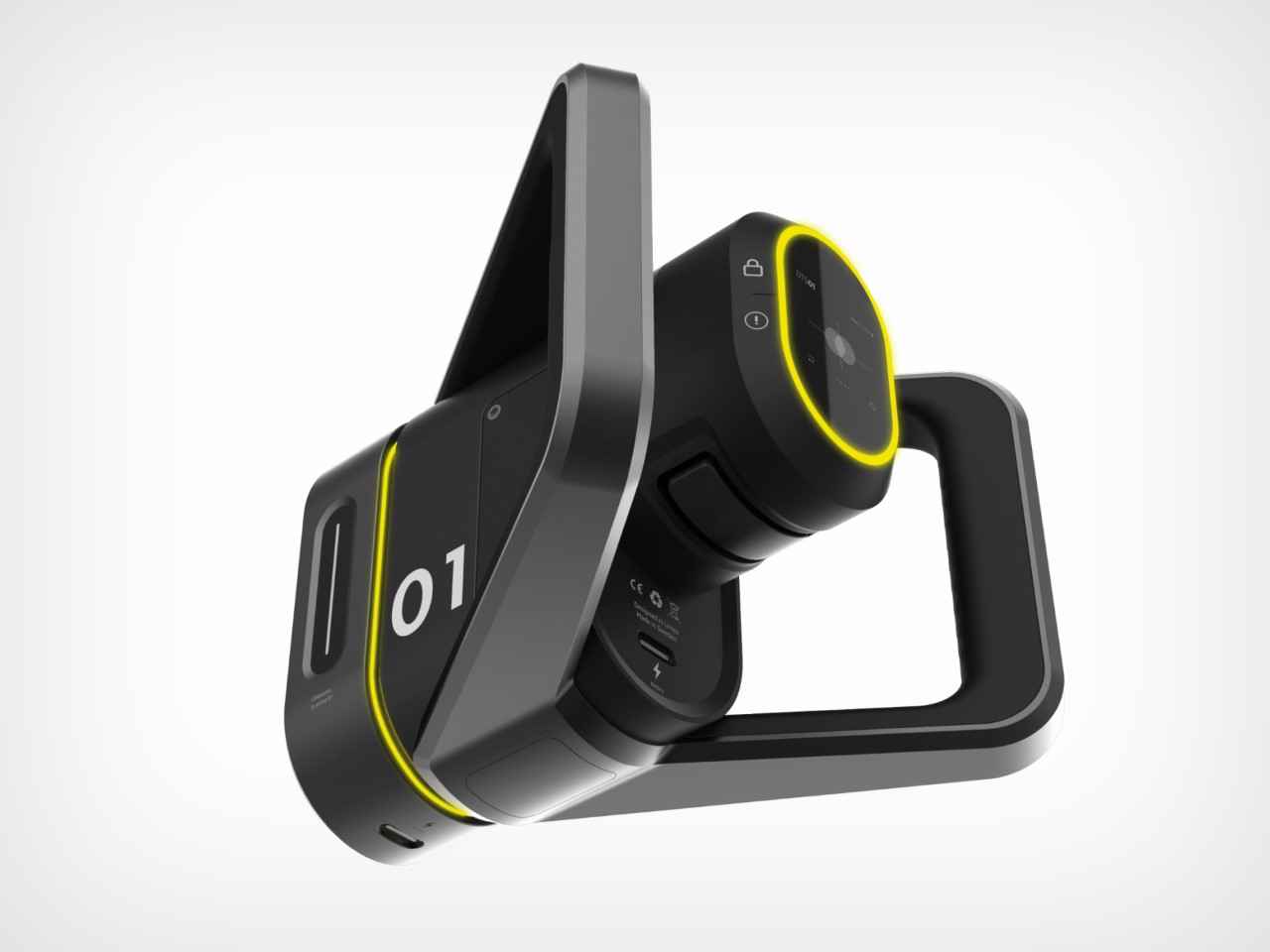
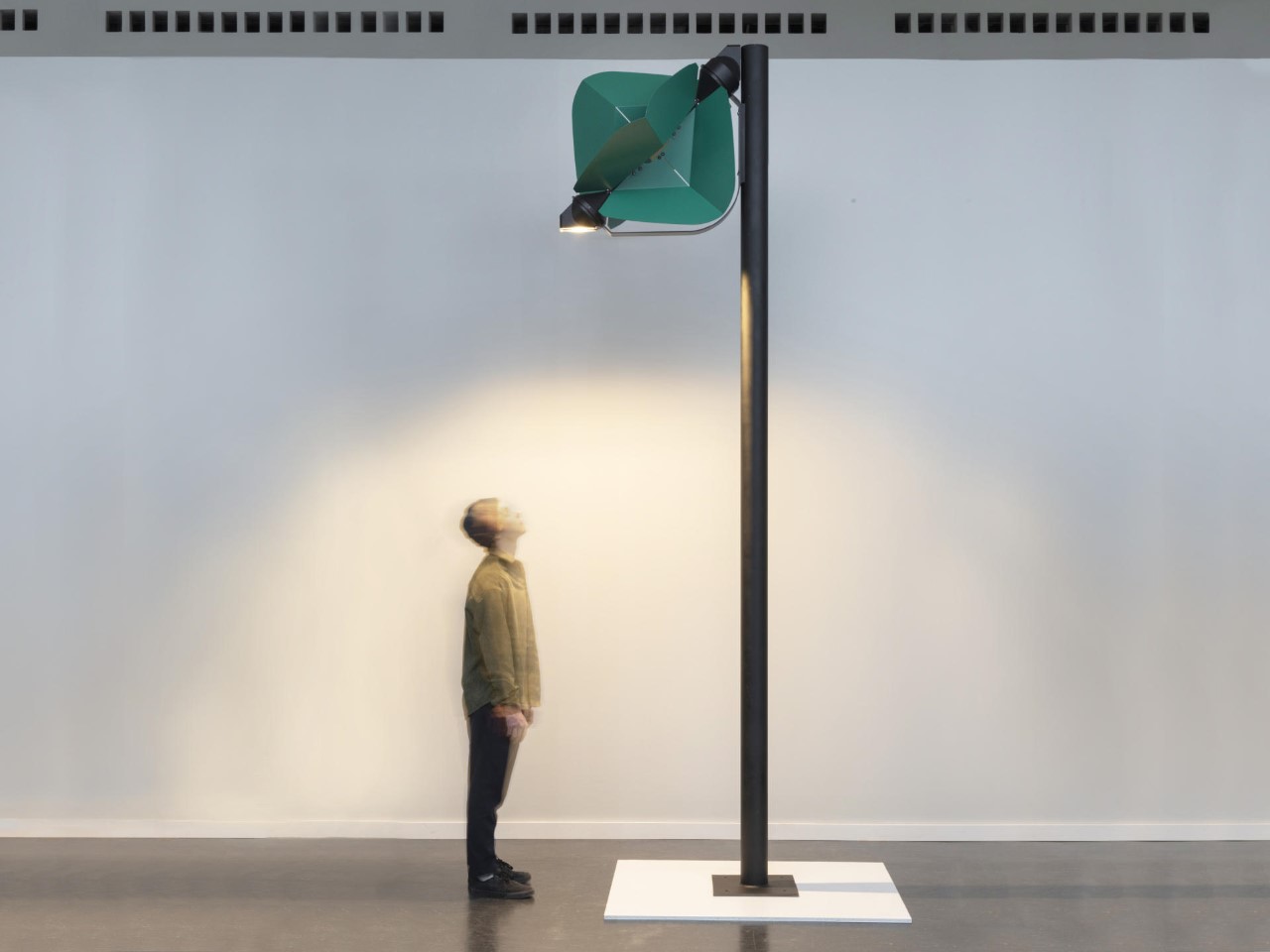
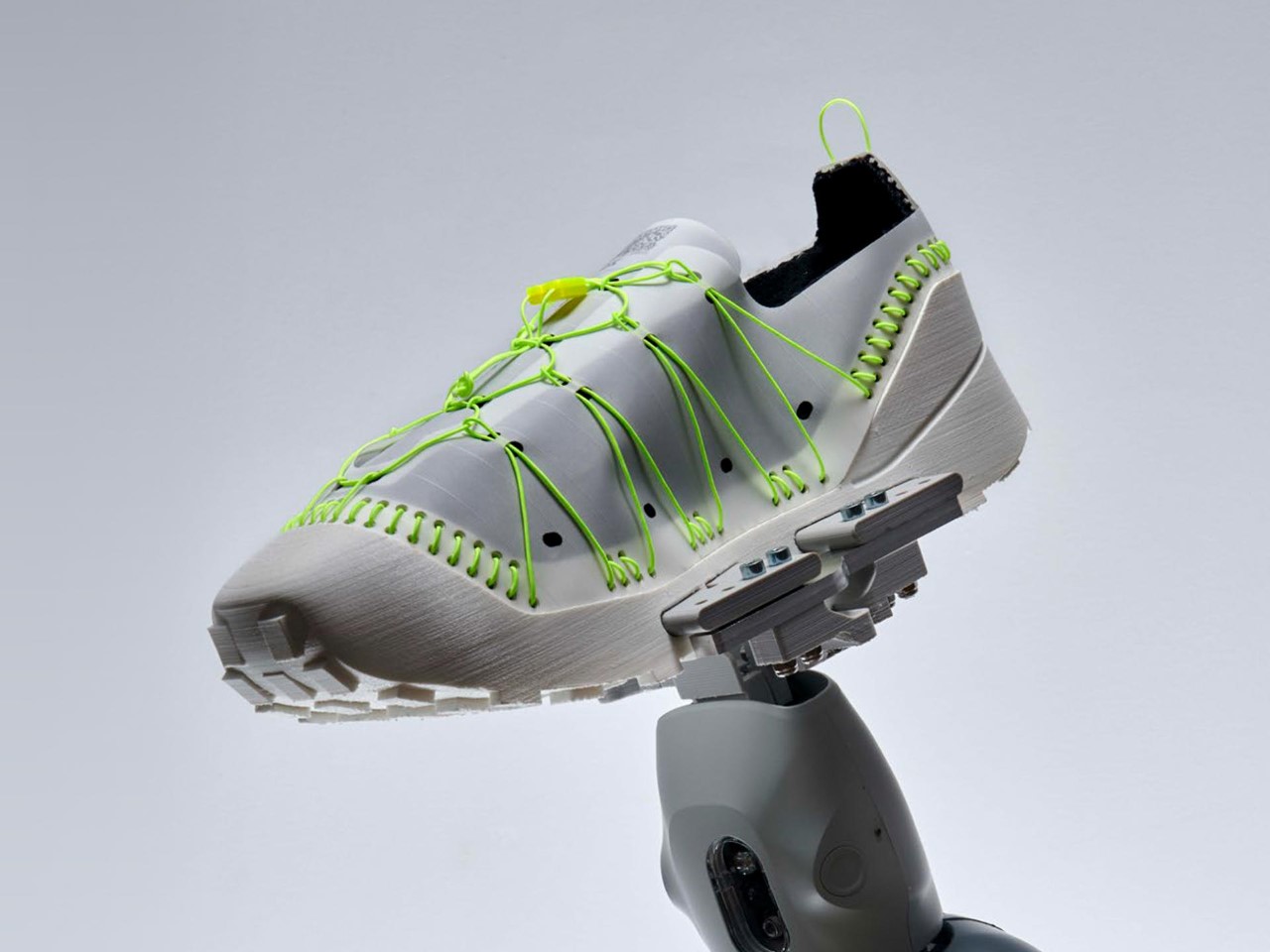
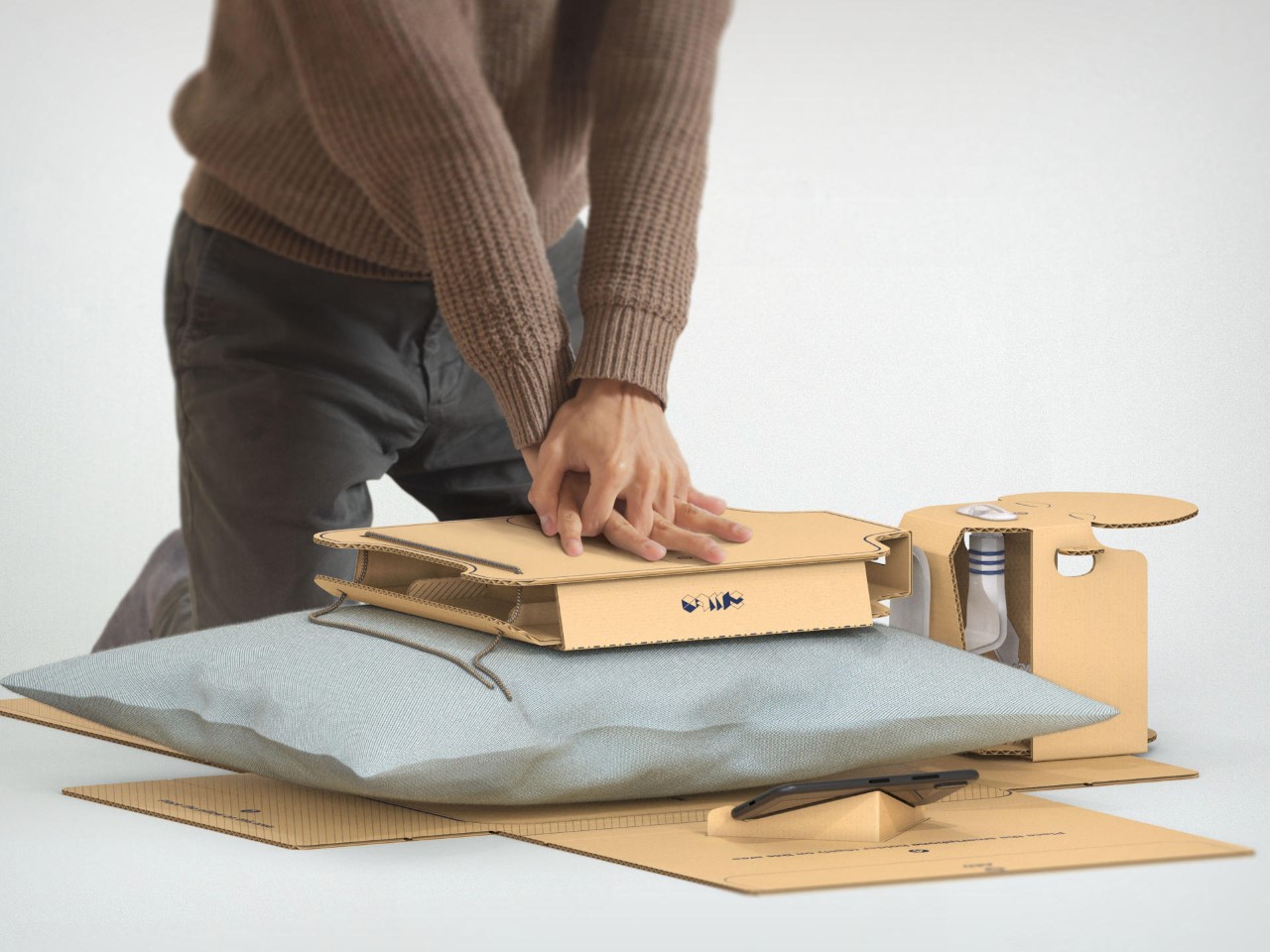
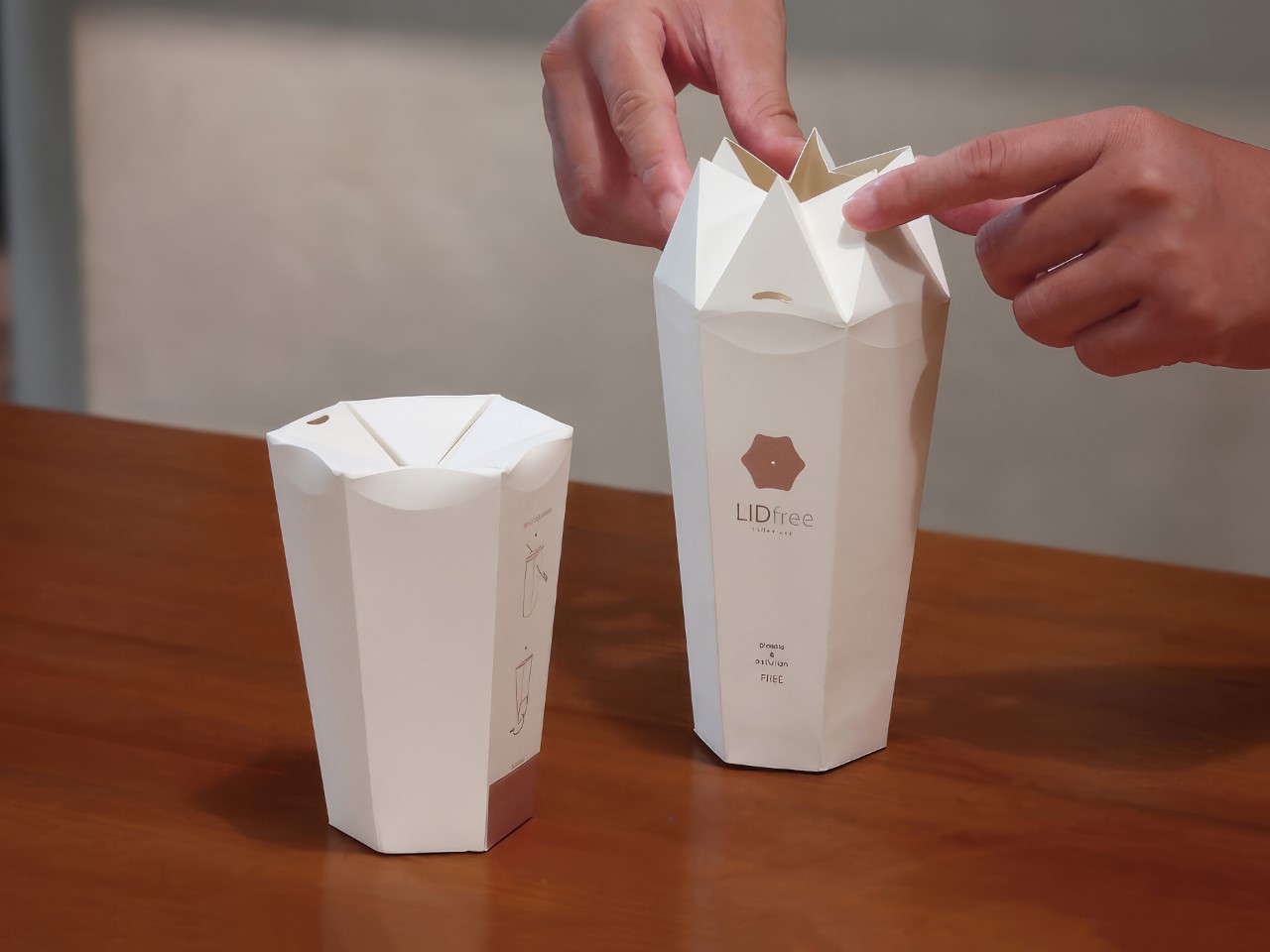
0 Commentaires